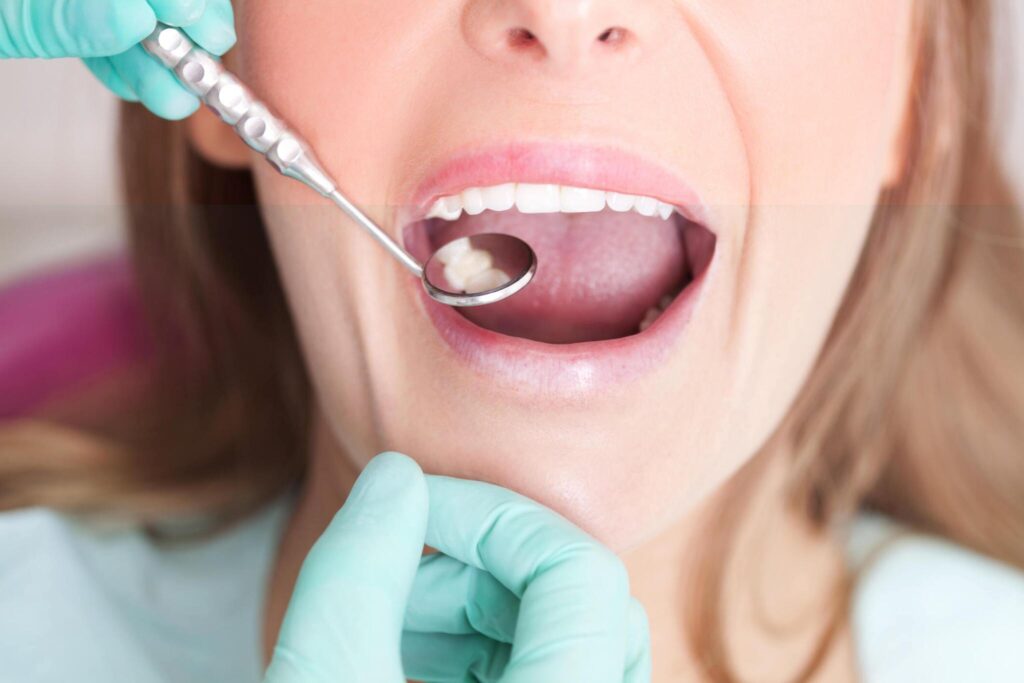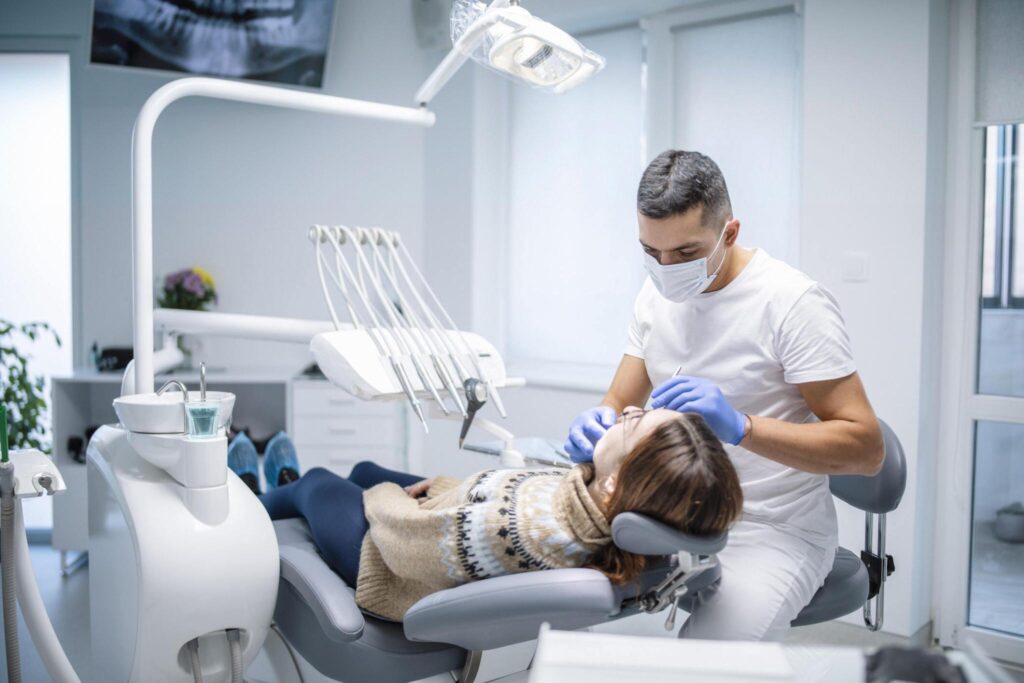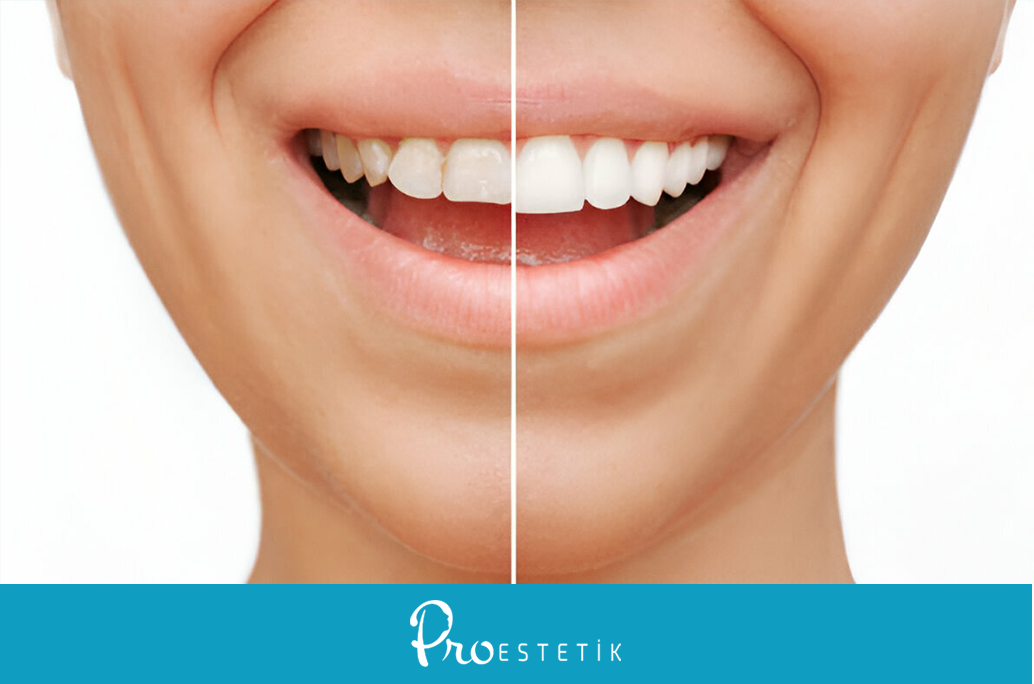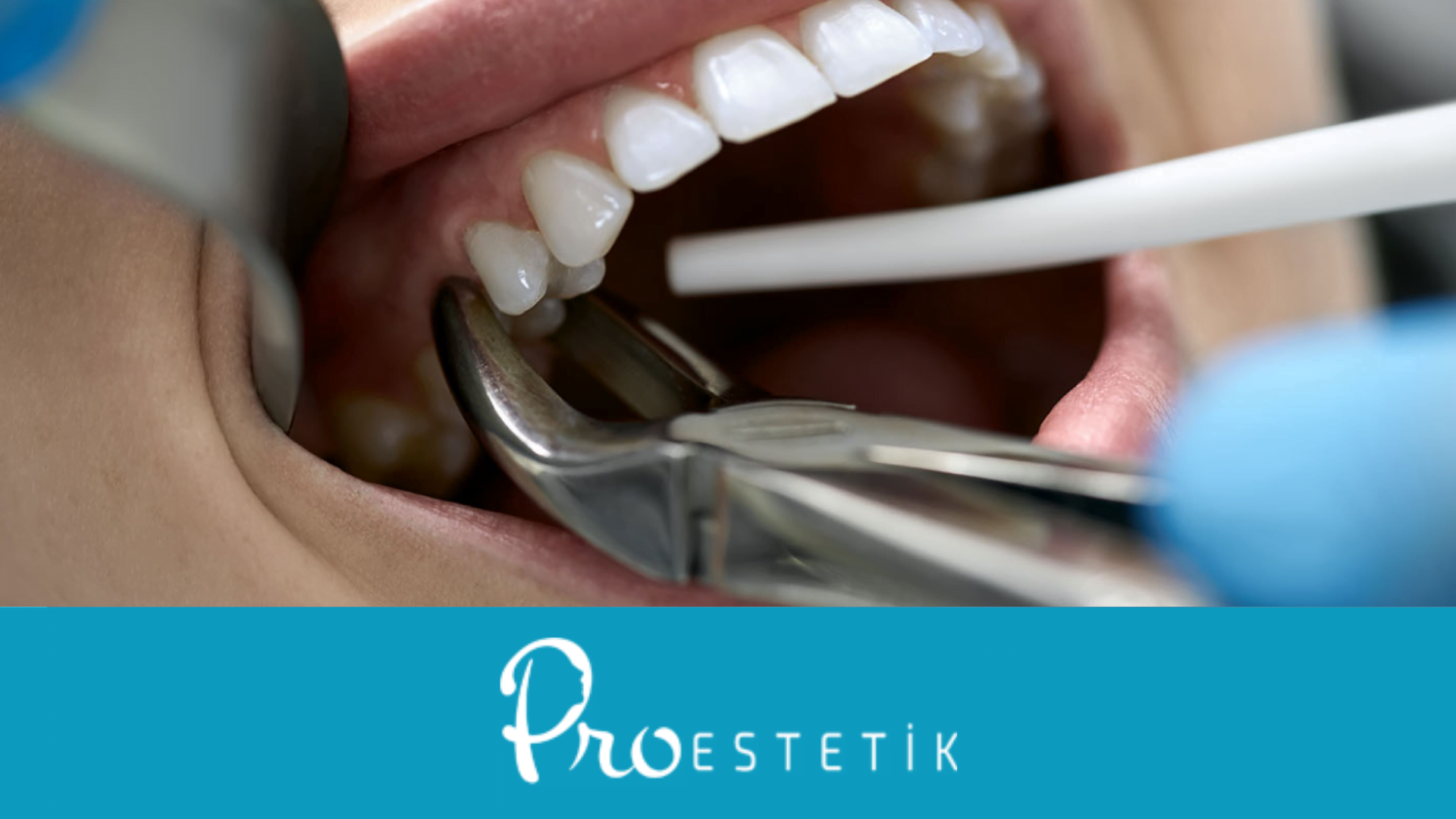What should you do after a wisdom tooth extraction? What should you avoid? What are the risks after a wisdom tooth extraction? In this article, we've answered all these questions.
Wisdom teeth can increase the risk of infection and pain when they are impacted. If you experience infection, you might need to schedule an appointment with your dentist for an examination. In cases of infection, wisdom teeth may need to be extracted.
Let's explain in detail how wisdom teeth are extracted and what to do after a wisdom tooth extraction.
Wisdom Teeth

Wisdom teeth generally erupt between the ages of 17 and 25. Typically, there are four wisdom teeth. Some people have no issues with them, while others may have them partially or completely impacted.
In such cases, a dentist's intervention might be necessary. If not addressed in a timely manner, misaligned wisdom teeth can damage other teeth's development and eventually cause severe pain.
How Is Wisdom Tooth Extraction Done?
Wisdom teeth, also known as third molars, are located at the back of the jaw, with two on the upper jaw and two on the lower jaw.
If these teeth are coming out at an angle or are impacted, you may experience issues like redness, swelling, and pain in the gums.
If the wisdom teeth are properly aligned, they can be extracted like regular teeth. However, if they are misaligned, impacted, and causing pain, they might need to be removed surgically.
What to Do After Wisdom Tooth Extraction
After a wisdom tooth extraction, you might experience slight swelling in the mouth, but this isn't a significant issue. Mild swelling and pain are quite normal after a wisdom tooth extraction, as the areas where the teeth were removed are in the healing process.
To ensure a smoother recovery after a wisdom tooth extraction and to prevent infections, dentists recommend the following suggestions. Let's take a look at these suggestions!
11 Tips for After Wisdom Tooth Extraction

- After the extraction, applying a cold compress (if approved by your doctor) can be helpful. However, avoid keeping it on for too long to prevent ice burns. Cold compresses can reduce both pain and swelling.
- After a wisdom tooth extraction, it's recommended to sleep with a raised pillow on the first night. This will help minimize facial swelling.
- After a surgical wisdom tooth extraction, avoid eating or drinking anything for at least two hours.
- Avoid harmful products like cigarettes and alcohol for several days after the extraction.
- It's crucial to keep the extraction area clean to avoid infection. Extra care should be given to oral hygiene.
- Avoid acidic, very hot, or very cold foods and drinks for the duration recommended by your doctor. This helps speed up the healing process.
- Avoid touching the surgical area with a hard object or your tongue. This can delay healing.
- Avoid eating hard foods after the extraction. For the first few days, it's best to consume soft and warm foods.
- Take any medications prescribed by your dentist as directed.
- After 24 hours, you can rinse your mouth with warm saltwater.
- After 24 hours, you can start gentle brushing with a soft toothbrush. Be gentle to avoid irritating the extraction site.
These suggestions are derived from general information, but you should always follow the specific advice given by your dentist.
Common Issues Caused by Impacted Wisdom Teeth
- Toothache
- Headaches
- Swelling of the lymph nodes
- Bad breath
- Repeated abscesses in the wisdom teeth
- Gum sensitivity and redness
- Pressure on adjacent teeth, leading to misalignment
- Increased risk of tooth decay
Typically, these teeth cause pressure on the jawbone and adjacent teeth due to a lack of space, which can lead to pain and other issues. In such cases, extraction is necessary. Here's how wisdom tooth extraction is performed.

Wisdom Tooth Extraction Steps
- If you're experiencing issues with a wisdom tooth, consult a dentist for an examination.
- The treatment method will be determined based on the specific needs of the patient.
- If the impacted tooth is mostly out, it can be extracted without surgery by a skilled dentist.
- If the tooth is deeply impacted, surgical extraction is required. Before surgery, X-rays and blood tests might be needed to evaluate the tooth's condition.
- If there's an infection, antibiotic treatment may be prescribed beforehand.
- After completing the antibiotic course, the surgical extraction will proceed. Local anesthesia is administered, and the impacted tooth is removed through a small incision in the gum. The incision is then stitched up.

How Long Does Pain Last After Wisdom Tooth Extraction?
It's common to experience mild pain and swelling after a wisdom tooth extraction, especially when it's surgically removed. Your dentist might prescribe pain medication, but you should follow their directions on medication use. If the pain and swelling persist beyond a few days, it's crucial to consult your dentist.
Visit Our Clinic!
In this article, we discussed what to do after a wisdom tooth extraction. If you encounter any issues with your teeth, it's essential to seek guidance from a dentist for the sake of your health.
Misaligned wisdom teeth can cause severe pain, so quick consultation with a dentist is recommended. If you're experiencing issues with your wisdom teeth, please visit our clinic.
Wisdom Tooth Extraction Prices
The prices for wisdom tooth extraction can vary depending on whether you go to a public or private hospital. In private hospitals, prices typically range from 2,000 to 5,000 TL.
If you encounter any dental issues, you can reach out to us. In our clinic, we offer a free initial consultation to help address your dental problems. To learn more about our services, visit our website!

 English
English Turkish
Turkish Deutsch
Deutsch العربية
العربية![[:en]11 Tips for After Wisdom Tooth Extraction: What to Do and What to Avoid![:tr]20’lik Diş Çekimi Sonrası Nelere Dikkat Etmeli? 11 Öneri![:de]11 Tipps nach der Weisheitszahnentfernung: Was tun und was vermeiden![:ar]11 نصيحة بعد خلع ضرس العقل: ماذا تفعل وماذا تتجنب![:] 20'lik Diş Çekimi Sonrası](https://proestetik.com.tr/wp-content/uploads/2024/04/20lik-dis-cekimi-sonrasi.k.png)










